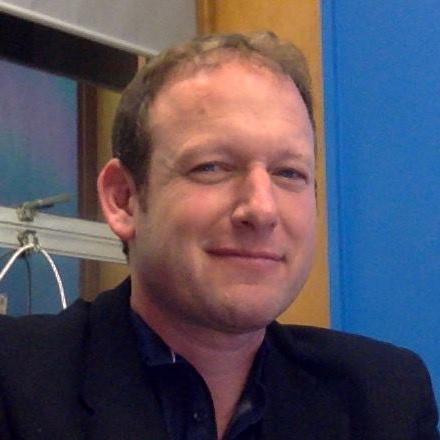SSA Vic is proud to present this workshop.
This two day workshop aims to enable R users and other data scientists to incrementally incorporate Julia in their workflow. After an introduction of Julia basics, the workshop focuses on the creation of a simple, yet computationally demanding simulation example. This Julia code is then incorporated in R and Python, illustrating how users may create new performant statistical software using Julia while maintaining existing code base in R or Python. With this exploration, participants will learn not just how to use Julia, but also how to integrate Julia into their day to day statistical analysis which may involve R or Python legacy code.
Schedule
There is a lot of material presented in this workshop, and different attendees will work at different paces. For this reason, we'll use the following schedule:
- 9am-11am: material delivered in lecture format.
- 11am-11:30am: Q&A time, and familiarisation with Julia.
- 11:30am-3pm: Free time to experiment and do exercises.
- 3pm-4pm: More Q&A, and support session.
Further details
This workshop is targeted at people who have used a language like R or Python before. Julia has a growing number of statistical libraries. It is fast, easy to use, and open source. Julia aims to solve the two-language-problem (https://www.nature.com/articles/d41586-019-02310-3).
This workshop is closely followed by the free, online, JuliaCon 2021 conference (https://juliacon.org/2021/). So, there’s a great opportunity to link up with the Julia community afterwards.

Presenter: Associate Professor Yoni Nazarathy from the School of Mathematics and Physics at The University of Queensland specialises in data science, probability and statistics. His specific research interests include scheduling, control, queueing theory, and machine learning. He has been at UQ for nearly a decade, teaching courses at UQ’s Masters of Data Science program and working on research. Prior to his previous academic positions in Melbourne and the Netherlands, he worked in the aerospace industry in Israel. In recent years, he has also been heavily involved with primary and secondary mathematics education and is the co-founder of an EdTech mathematics organisation called One on Epsilon. Also, he is the co-author of an introductory data science book: Statistics with Julia, and a co-creator of the Mathematical Engineering of Deep Learning website. Like many other mathematics and physics academics, he took great interest in epidemics at the start of COVID-19 and leads the Safe Blues program. He also has interests in application areas such as power systems, agriculture, and road traffic control.
Required knowledge: Participants should to have prior basic programming experience in a language such as R or Python. They also should have basic knowledge in statistics equivalent to 2 or 3 university courses. Desirable knowledge: Further statistical knowledge would be useful for gaining more insights from the examples presented.
Cancellation Policy: Cancellations received one week prior to the event will be refunded, minus a $20 administration fee. From then onwards no part of the registration fee will be refunded. However, registrations are transferable within the same organisation.
